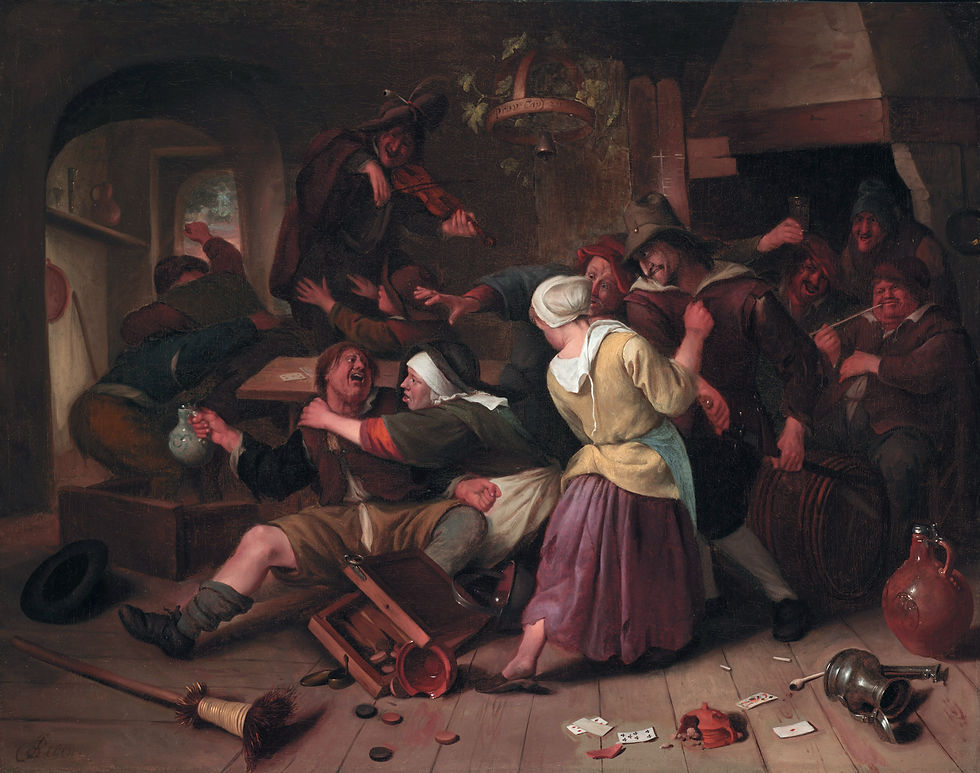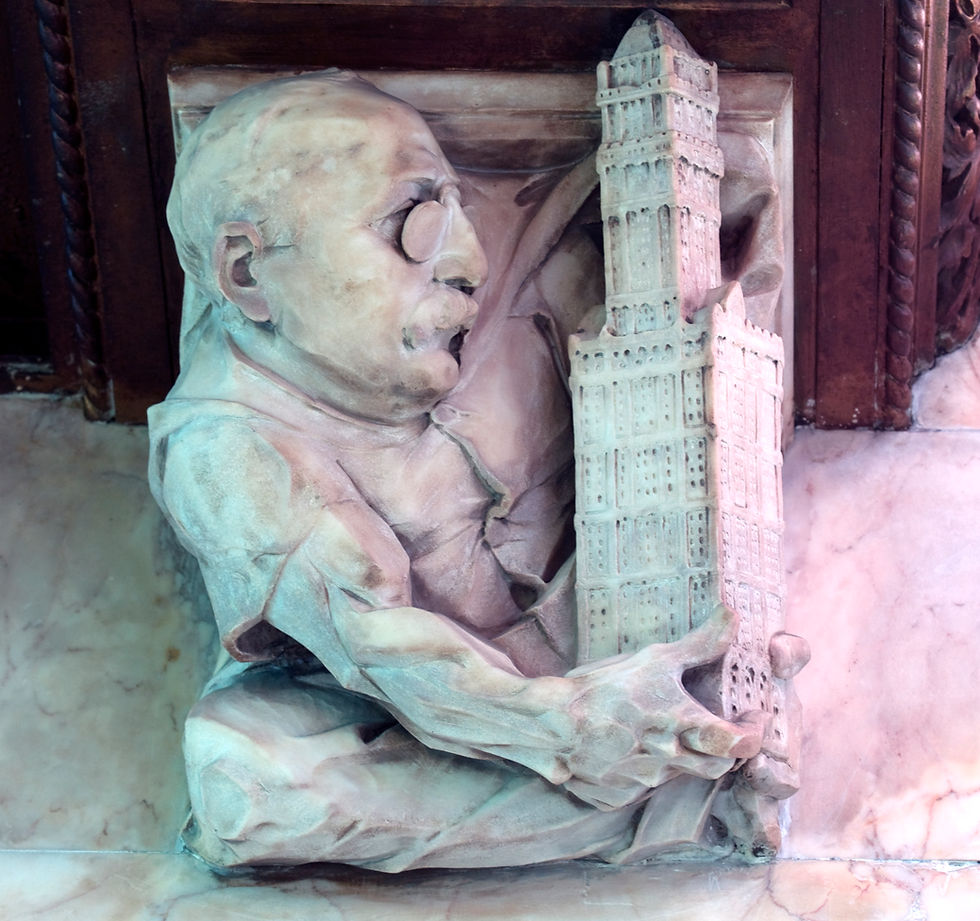Article: Hobbes's Conventionalist Theology, the Trinity, & God as an Artificial Person by Fiction
- Nov 24, 2017
- 1 min read
Updated: Jun 22, 2021
Arash Abizadeh. "Hobbes’s Conventionalist Theology, the Trinity, and God as an Artificial Person by Fiction." The Historical Journal 60.4 (2017): 915-941.
Abstract: By the time Hobbes wrote Leviathan, he was a theist, but not in the sense presumed by either side of the present-day debate concerning the sincerity of his professed theism. On the one hand, Hobbes’s expressed theology was neither merely deistic, nor confined to natural theology: the Hobbesian God is not merely a first mover, but a person who counsels, commands, and threatens. On the other hand, the Hobbesian God’s existence depends on being constructed artificially by human convention. The Hobbesian God is not a natural person; he exists as a person only insofar as he is by fiction represented. Like the state and pagan gods, he is an artificial person by fiction. The upshot is that Hobbes was a sincere theist and that his seventeenth-century critics were right to think that, in their sense, he was an atheist: he did not steadfastly believe in an independently existing deity who precedes human convention. Hobbes was agnostic on this question. He nevertheless believed that God is brought into being as an artificial person. This ‘personal theology’ not only involved a heretical interpretation of the Trinity, it also came to play a significant role in his moral and political philosophy.
(The second of two articles on Hobbes's theology. The prequel is here.)
Photo credit: Allegory of the Holy Trinity, in medieval Perugia fresco, photo by Giovanni Dall'Orto, 2006.




Comments